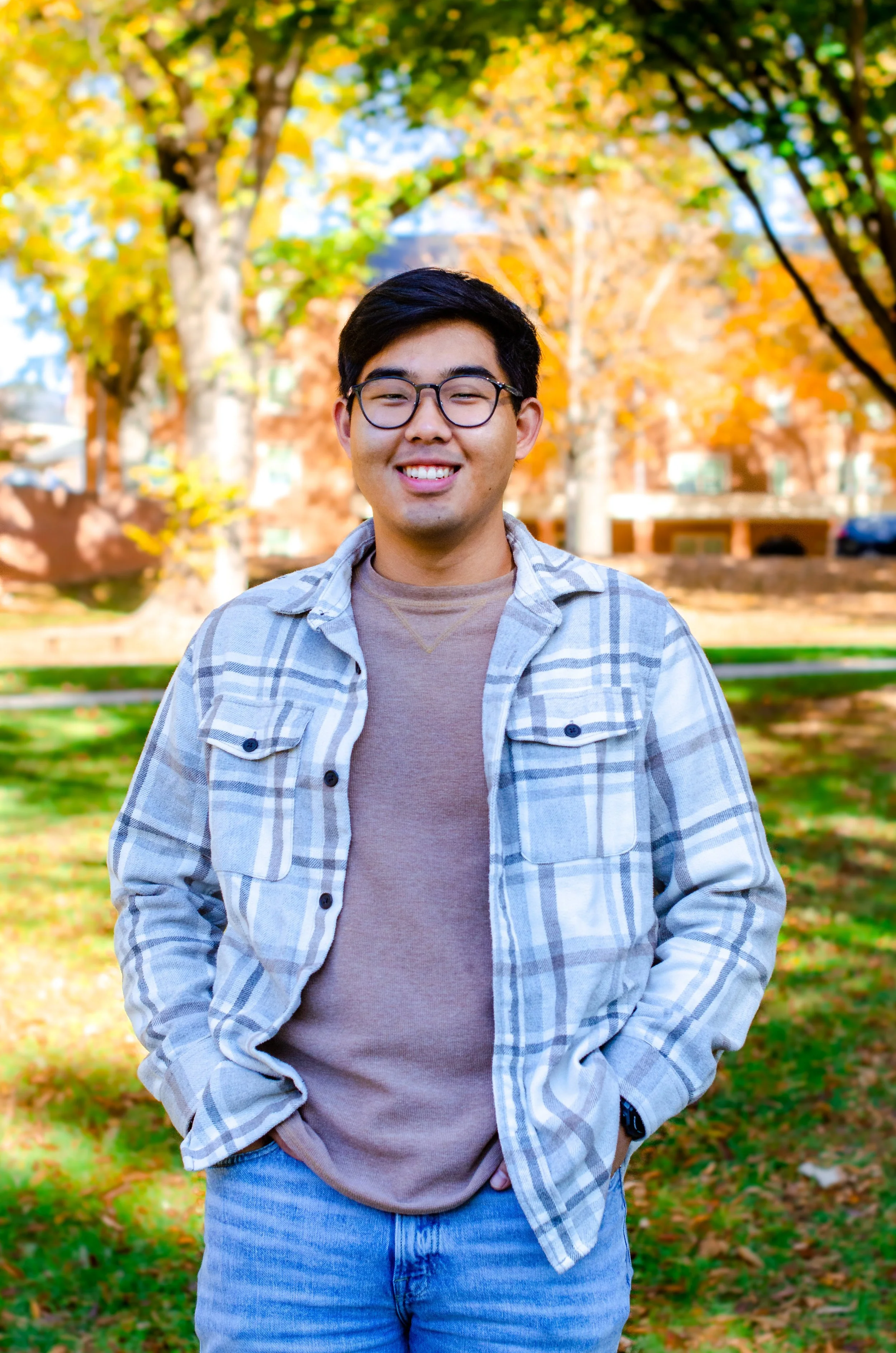Joe C.
Photography by Katie Fox
If you’re reading this, there is a light at the end of the tunnel.
As faint and insignificant as it seems, when all that you’re surrounded by is suffocating, cumbersome darkness, that light pierces stronger than any double-edged sword. It’s the light I call hope.
Growing up in a traditional Asian household meant that mental health was taboo—it was not profoundly understood or even spoken of. Moreover, surrounded by a race, not of your own, and already sensing the unbearable amount of pressure to try to conform to Western norms… you can just imagine the frustration brewing inside me.
“Mom, why don’t they invite me to sleepovers? Why do they say the lunches you pack smell? Why do they make fun of the clothes I wear? Why did we have to move to America?”
Back then, my naivety spoke for me, and I cowered under the fact that I was obviously different from everyone else. Different not just in skin color, language, or socioeconomic status, but also in how I thought, observed, and perceived the world around me. I was slow, I had a speech impediment, and I struggled with attention deficit disorder (which was unbeknownst to me until I was clinically diagnosed with ADD in the second year of college).
Every day I internalized these struggles I faced as a minority, knowing that I would never be like one of them. Knowing that I could never be satisfied with who I am because I am a foreigner in what was supposed to be a melting pot took a severe toll on my mental health.
By the time I reached high school, I fully manifested my identity crisis and started resenting my own culture and myself. However, at the same time, I could not speak about my painful feelings since stoicism was the name of the game in my house. I was the eldest son. I was the older brother. I had to be the poster child, which kicked in my high-functioning anxiety, striving for perfection. This role conflict became a deep-seated, agonizing issue.
Before I knew it, depression swept into my life quicker than any thief in the night. I felt stranded out in the middle of a turbulent ocean on driftwood, holding onto dear life. But as the self-loathing grew more sizable than my gratefulness, I started slipping and slipping until I was fully submerged under dark waters, perpetually drowning.
This went on into college, and I saw myself plummeting further into the abyss, but stubborn me kept his mouth shut and arms crossed. It wasn’t until I reached my lowest, darkest point did I shout, “Help!” and reached out my hand into the fading light, hoping for some salvation.
For me, I finally found a grip in faith and community—people who were willing to pull me from the darkness and provide care and support. People who wanted to see me heal and recover, people who wanted the best for me. If it weren’t for my willingness to disturb the waters, I would’ve succumbed to a suffocating demise.
I tell this vulnerable side about me not to say what you might be going through is the same as mine or even to invalidate your struggles. I learned the hard way that silence is the greatest weapon and depression is just the wound. Although wounds take time to heal, taking away the weapon reduces further injuries.
So, take heart. Reach out. Say something. It’s worth it. It’s worth so much to hope. Silence can’t enslave us much longer when the voice at the end of the tunnel is booming, telling us to come to the light. So cry out, stretch out your hand like it was your last resort because, for some of us, it is our last resort. There is nothing to be afraid of because survival is not a lonely journey. You are so, so loved, so don’t lose hope because the brightest lights can pierce the darkest areas.
Joe C., Wake Forest
Connect With Us
To follow IfYoureReadingThis at Wake Forest on Instagram, get in touch with our chapter, and learn about more resources available to Wake Forest students, visit our chapter’s homepage.
AUTHOR CONTACT
This author has opted to allow readers who resonate with their story to contact them. If you would like to speak to the author of this letter about their experience, please use the form below.

